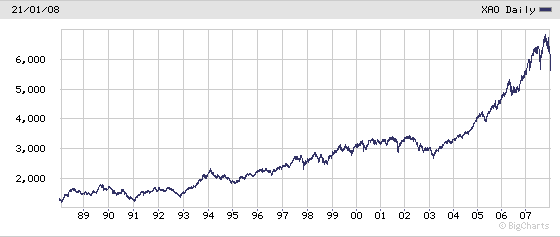[Update 20 June 2013: I’ve just re-read this post prior to writing an article for ZDNet Australia arguing that politicians, too, can no longer use this excuse. My suggested list of required literacy is clearly out of date. What should it now include? Update 21 June 2013: And here’s the article, Ignorant Oz politicians prevent meaningful metadata debate.]
If you own or manage a business that handles information (and which business doesn’t?) then you must understand computers and the Internet. If you don’t, you’re incompetent. Yes, that’s right, you heard me. Incompetent.
There, I’ve said it. Now, with that out of the way, let me explain…
I don’t mean you need to know how computers work, or how to set them up, program them, maintain them or fix them when they break. You don’t need to know how to connect a computer to the Internet, build a website or any of that stuff either.
However you should know enough to make effective decisions about how they’re used in your business. You should know how the leaders in your industry are using the technology. You should be aware of developments that might affect your plans.
In short, you don’t need to know the technology itself, but you do need to know its implications for your business.
Australia’s had a Goods and Services Tax since 2000. If you waved your hand and said, “Oh, I don’t understand GST,” your shareholders would have every right to sack you for incompetence.
Sure, your accountant handles the details. But at the very least you know that the GST is 10%, and you can handle basic business operations like quoting for a customer’s work.
Well, we’ve had the Internet commercially since 1995, and computers for much longer. They’re a core part of doing business. Waving your hand and saying, “Oh, I don’t understand computers” should equally be a sacking offence.
So what do you need to understand…?
Continue reading ““I don’t understand computers” is not an excuse”



